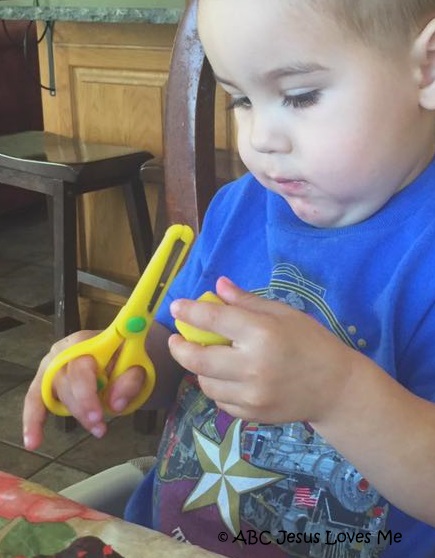
Navigate the captivating journey of a 3-year-old's development is a blend of joyous moments and unique challenges. Our developmental checklists stand as a valuable resource, steering you through the milestones and potential concerns in your preschooler's growth journey.
This checklist is the foundation of the ABCJesusLovesMe 3 Year Curriculum and offers insights into a child's expected development between 36-48 months. Whether you're a teacher or a parent, this comprehensive overview delves into key developmental areas. Treat this tool as your compass, and don't hesitate to seek professional guidance if any concerns arise.
Ideal for home or preschool use, the ABCJesusLovesMe 3 Year Curriculum is designed to build a strong foundation for a child’s learning. With engaging, hands-on activities, this Curriculum focuses on objectives like pre-reading, math, Bible stories, and social-emotional development, ensuring children are confident and eager to learn.
Understand of your child’s growth with our FREE 3-Year Development Checklist! This handy tool helps you track key milestones and celebrate your little one’s progress. Download your checklist today and take an active role in monitoring your child’s development!
The developmental milestones give you a general idea of the changes you can expect as the child gets older, but don't be alarmed if her development takes a slightly different course. Each child develops at her own pace. Do consult your pediatrician, however, if your child displays any of the following signs of possible developmental delay for this age range.
This article information is pulled from the following sources as well as many years of training. This information is provided as a guide only. Because every child is different consult your pediatrician as this list is a generalization.